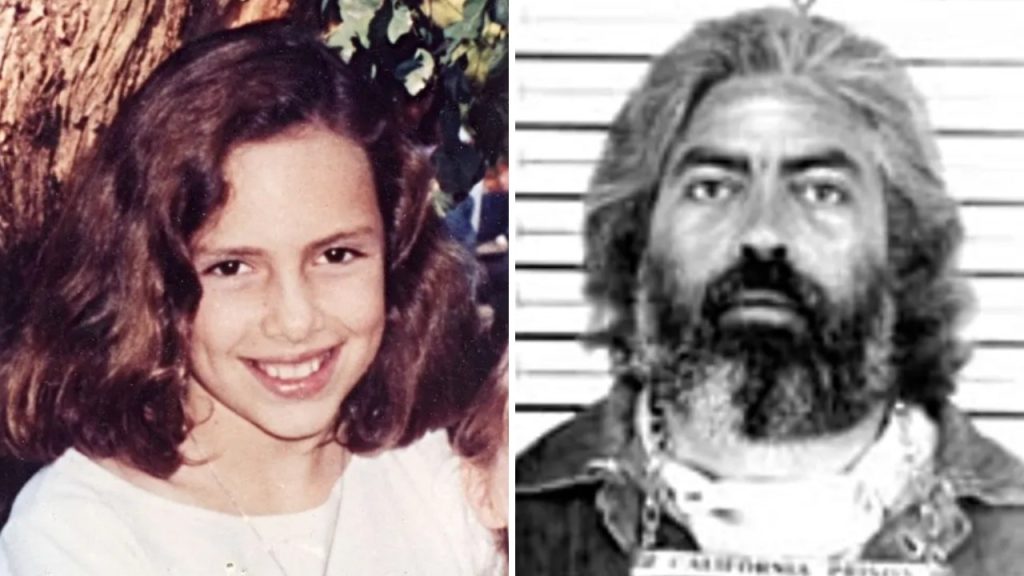Richard Allen Davis, the man convicted of kidnapping and murdering 12-year-old Polly Klaas in 1993, is seeking to overturn his death sentence in California Superior Court. Polly was taken from a sleepover at knifepoint and subsequently strangled by Davis, who was sentenced to death in 1996. Polly’s father, Marc Klaas, expressed his dismay over Governor Gavin Newsom’s decision to halt all death penalty executions in the state, preventing Davis from being put to death. The judge will rule on Davis’ request to recall his sentence on May 31, 2024.
Newsom’s moratorium on the death penalty in California has drawn criticism from victims’ families, such as the Klaas family, who fear that killers like Davis could have their sentences overturned. Marc Klaas pointed out that Davis had a history of violence towards women and was diagnosed as a sexually sadistic psychopath, making the potential recall of his death sentence even more distressing. If Davis succeeds in his efforts, it could pave the way for other violent offenders to appeal their sentences, creating a dangerous precedent for future cases of violence and destruction.
Governor Gavin Newsom’s decision to halt all executions in California was motivated by concerns over the ineffectiveness and flaws of the death penalty system. Newsom highlighted issues of discrimination against mentally ill, black, and brown defendants, as well as the exorbitant costs and lack of public safety benefits associated with the death penalty. The governor emphasized the irreversible and irreparable nature of capital punishment in cases of human error and stressed the need for a more just and humane approach to criminal justice.
The case of Polly Klaas, which captured national attention in 1993, marked a turning point in American justice and public awareness of child abduction and murder cases. Polly’s disappearance was one of the first high-profile missing persons cases to gain widespread attention on the internet, highlighting the power of technology in raising awareness and mobilizing communities in the search for missing children. The tragic outcome of Polly’s abduction and murder underscored the need for stronger measures to protect children from harm and to hold perpetrators accountable for their crimes.
The Klaas family’s fight for justice and closure in Polly’s case reflects the anguish and trauma experienced by victims’ families in the aftermath of violent crimes. Marc Klaas’s impassioned plea for the preservation of his daughter’s killer’s death sentence serves as a reminder of the lasting impact of such crimes on survivors and their loved ones. The ongoing legal battle over Davis’s sentence raises larger questions about the morality and effectiveness of the death penalty as a form of punishment in the criminal justice system, and the need for broader societal conversations about justice, forgiveness, and healing.


